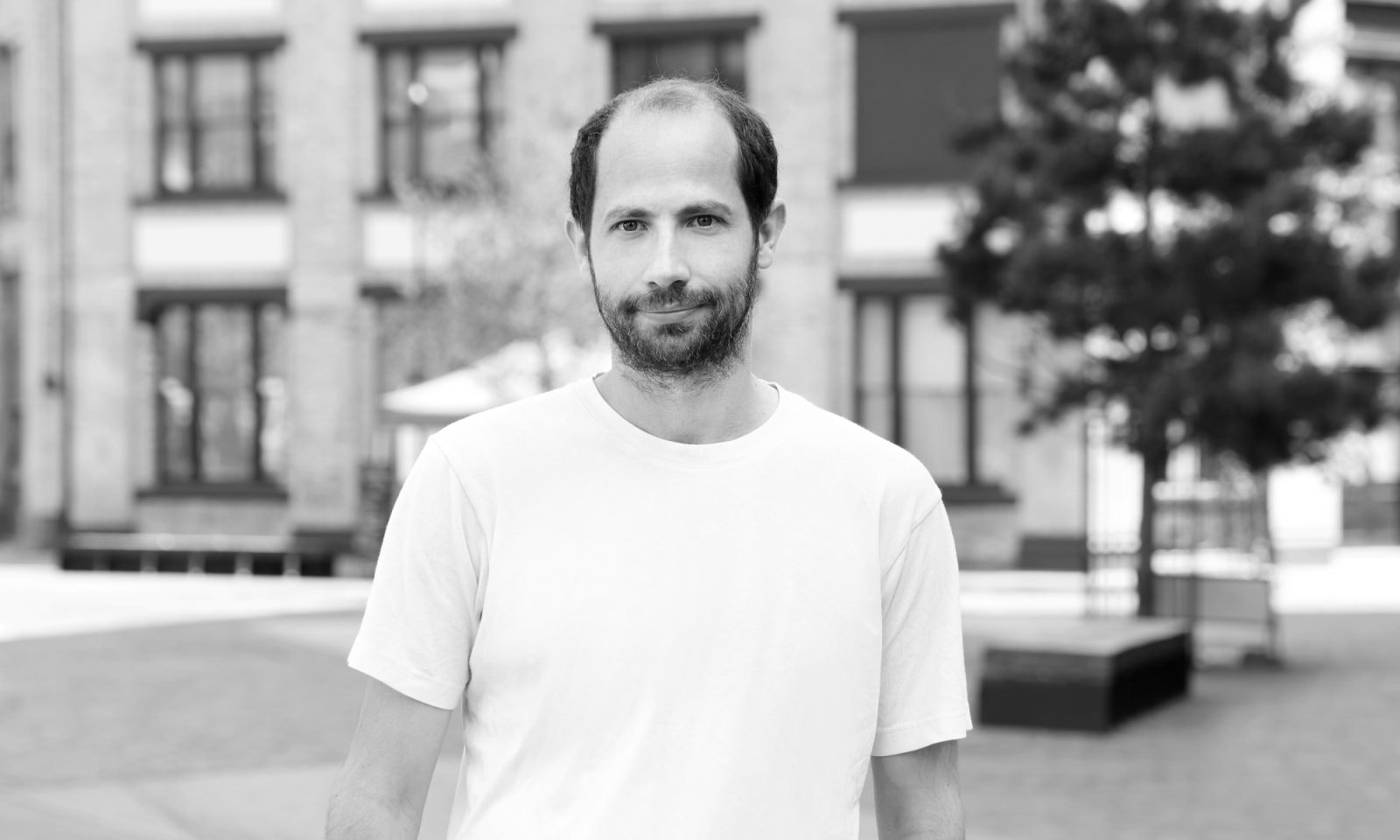Warsaw-based Plenti, a marketplace that rents out electronic devices — including phones, laptops and Starlink terminals — has raised €5m in seed funding to continue its growth in Poland.
What does Plenti do?
Founded in 2018, Plenti is a marketplace that allows consumers to rent electronic devices on a short-term lease. Its offer includes items ranging from phones, smart watches and laptops to air purifiers, autonomous vacuum cleaners, coffee machines, Starlink terminals and even pizza ovens. The most popular category of rentals are gaming consoles and VR headsets.
Customers can rent the devices for up to 12 months through a subscription service — much shorter than traditional leasing contracts for electronic goods, which are usually signed for several years.
Since buying electronic equipment can be quite expensive, Plenti doesn’t want to own all the equipment it rents out. It currently owns a majority of the hardware but plans to scale up its offering so entrepreneurs and businesses can rent out their own electronic devices on the platform (and receive a monthly fee from Plenti for leasing their equipment).
Who’s investing?
- 4growth VC, a Polish VC
- Montis Capital, a Polish VC
- NCBR Investment Fund ASI, Poland’s state-owned investment vehicle
What’s the market like?
In Europe there are several big startups that offer services similar to Plenti — German unicorn Grover, for example, which raised $330m in Series C funding split between equity and debt in 2022, and Topi, another German startup, which raised $45m split between equity and debt, last year.
We guarantee their condition and make sure that we offer the gear that our users want
What differentiates Plenti from these market leaders is its approach to the supply of electronics to the platform.
“They [the competitors] are asset-heavy, financing the stocks by themselves, usually with debt funding,” says Wojtek Rokosz, the CEO and cofounder of Plenti. “Also, they are usually way smaller than any retailer, so they don’t have enough negotiating power. Our approach is to let SMEs finance the devices rented to the consumers.
“We guarantee their condition and make sure that we offer the gear that our users want. And on the other hand, we open a completely new source of income to the entrepreneurs.”
What’s next for Plenti?
Plenti will use the fresh money from the funding round to continue the rollout of its offer for entrepreneurs and businesses to supply the marketplace with their equipment.
It wants to add to its 40-people strong team: primarily developers, data analysts and risk assessment specialists.
The company also wants to expand to other European markets after cracking its home market.
“We are planning expansion across Europe, but not right now. We still have a lot to do to win Poland and to fine-tune our tech and processes in order to be able to conquer new markets. It’s definitely not going to happen this year, and it’s still too early to discuss details and possible directions,” Rokosz said.
Sifted's take
European consumers are used to the subscription model — people are happy to pay for Netflix, their rental bikes and on-demand cars.
Though this trend can also expand to electronics, Plenti might be a little bit late to the hardware rental game: there are already big players in the European market, which have brand recognition and are well backed by VC cash. They’re also one step ahead of Plenti when it comes to expansion.
But Plenti’s success (or lack thereof) will depend on how consumers react to its offer to rent their own products on the platform. It’ll allow it to remain asset-light and independent from big retailers, which could be a competitive advantage against its rivals.


